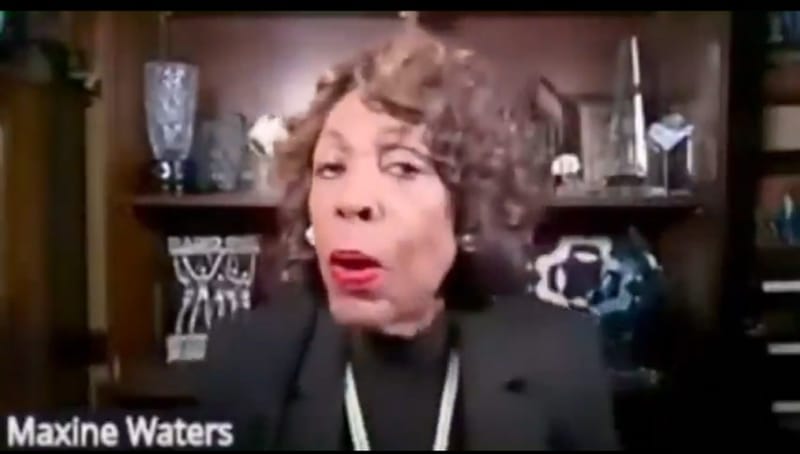X Account Suspensions Spark Free Speech Controversy
Elon Musk's Platform Faces Backlash for Inconsistent Free Speech Policies January 2, 2025 - San Francisco, CA In a move that has reignited debates over free speech on social media, X, the platform formerly known as Twitter and now under Elon Musk's stewardship, has seen a
Elon Musk's Platform Faces Backlash for Inconsistent Free Speech Policies
January 2, 2025 - San Francisco, CA
In a move that has reignited debates over free speech on social media, X, the platform formerly known as Twitter and now under Elon Musk's stewardship, has seen a dramatic increase in account suspensions. According to a recent transparency report, X suspended over 5.3 million accounts in the first half of 2024, a number that dwarfs the suspensions carried out by Twitter in similar periods before Musk's acquisition in 2022.
This surge in account removals has prompted a public outcry, with many questioning Musk's commitment to the free speech principles he has vocally supported since taking over the company. Critics argue that the platform's actions contradict Musk's public persona as a "free speech absolutist," especially when considering X's compliance with international government requests for content removal, notably in Brazil, Turkey, and India.
One high-profile incident involved the suspension of journalist Ken Klippenstein, who was barred from the platform after publishing a dossier on JD Vance, Trump's 2024 vice-presidential candidate. The suspension came after the document included sensitive personal details, leading to discussions about the balance between privacy, free speech, and platform moderation.
why didn’t you publicly say this before you bought twitter? They’re actually paying YOU for the blue check.
— CCG BRYSON (@RealBrysonGray) January 1, 2025
This is no different than YouTube or any other left wing company. It’s a clear infringement on free speech.
You’re a liar https://t.co/8OPCepL3AW
The debate intensified with reports of gender-critical accounts being temporarily banned without clear reasons, stirring concerns among users about the silencing of certain viewpoints on highly debated topics. This was further complicated by Musk's own explanations of these suspensions as incidental to broader anti-spam measures, leaving many to question whether free speech on X is being selectively applied.
Public discourse on X itself has reflected these tensions, with some users and commentators pointing out that the platform's actions might be more about curbing dissent against Musk or specific political views rather than a genuine commitment to open dialogue. There's a growing sentiment that while X aims to be a "digital town square," the reality might be more akin to a controlled space where the loudest or most aligned voices are amplified while others are muted.
“We didn’t technically take away your freedom of speech. We just demonetized you, de-verified you, took away your subscriptions and rigged the algorithm to favor blue check mark actions after I took yours away. I’m a free speech crusader though for real!”
— An0maly (@LegendaryEnergy) January 1, 2025
Legal experts and free speech advocates have weighed in, noting that the issue extends beyond X's policies to encompass broader debates about freedom of expression versus the responsibilities of social media platforms in managing content, misinformation, and compliance with varying international laws.
As X continues to navigate these turbulent waters, the conversation around what free speech means in the digital age, particularly under Musk's leadership, is far from over. This situation underscores the ongoing challenge of defining and protecting free speech in an era where social media platforms wield significant power over public discourse.




